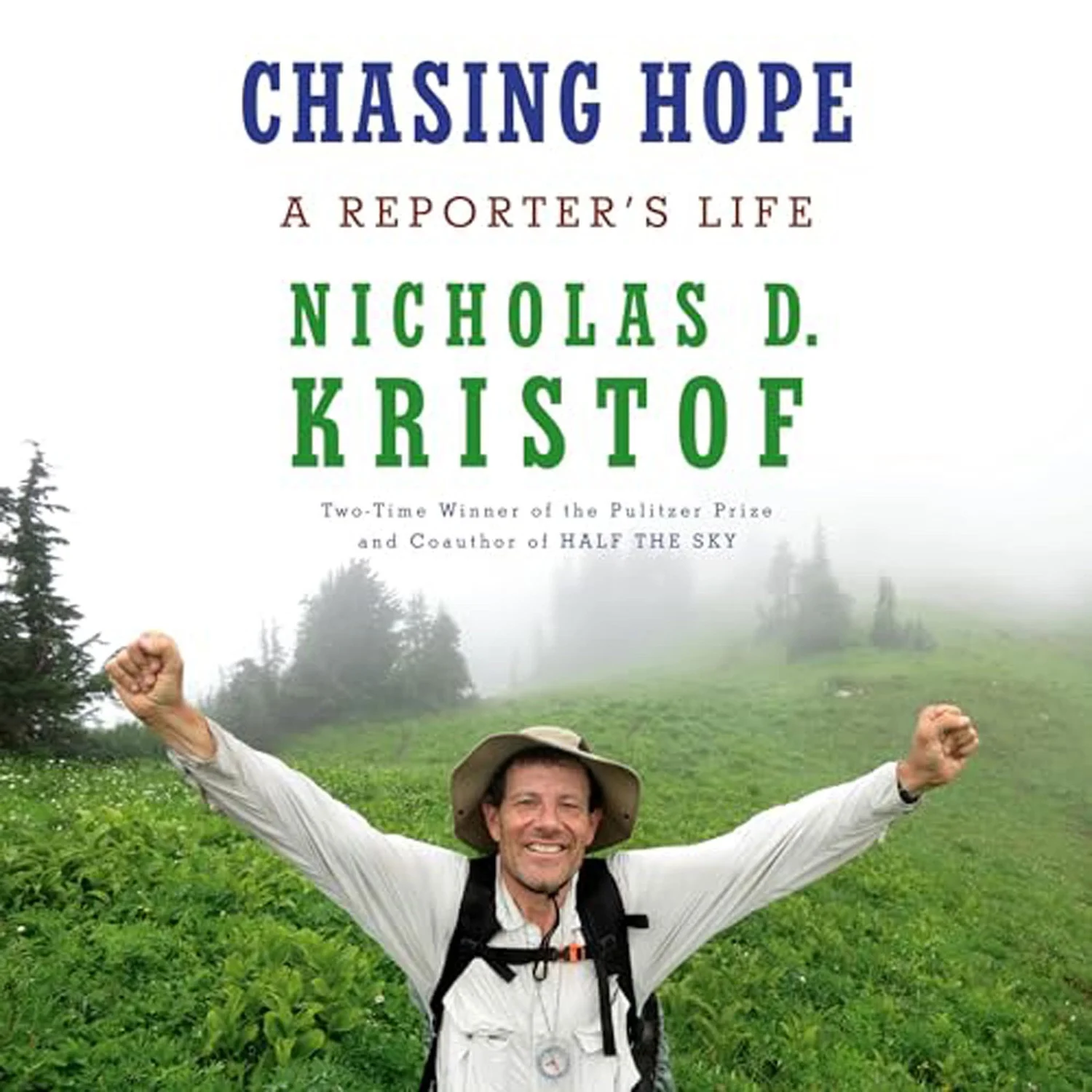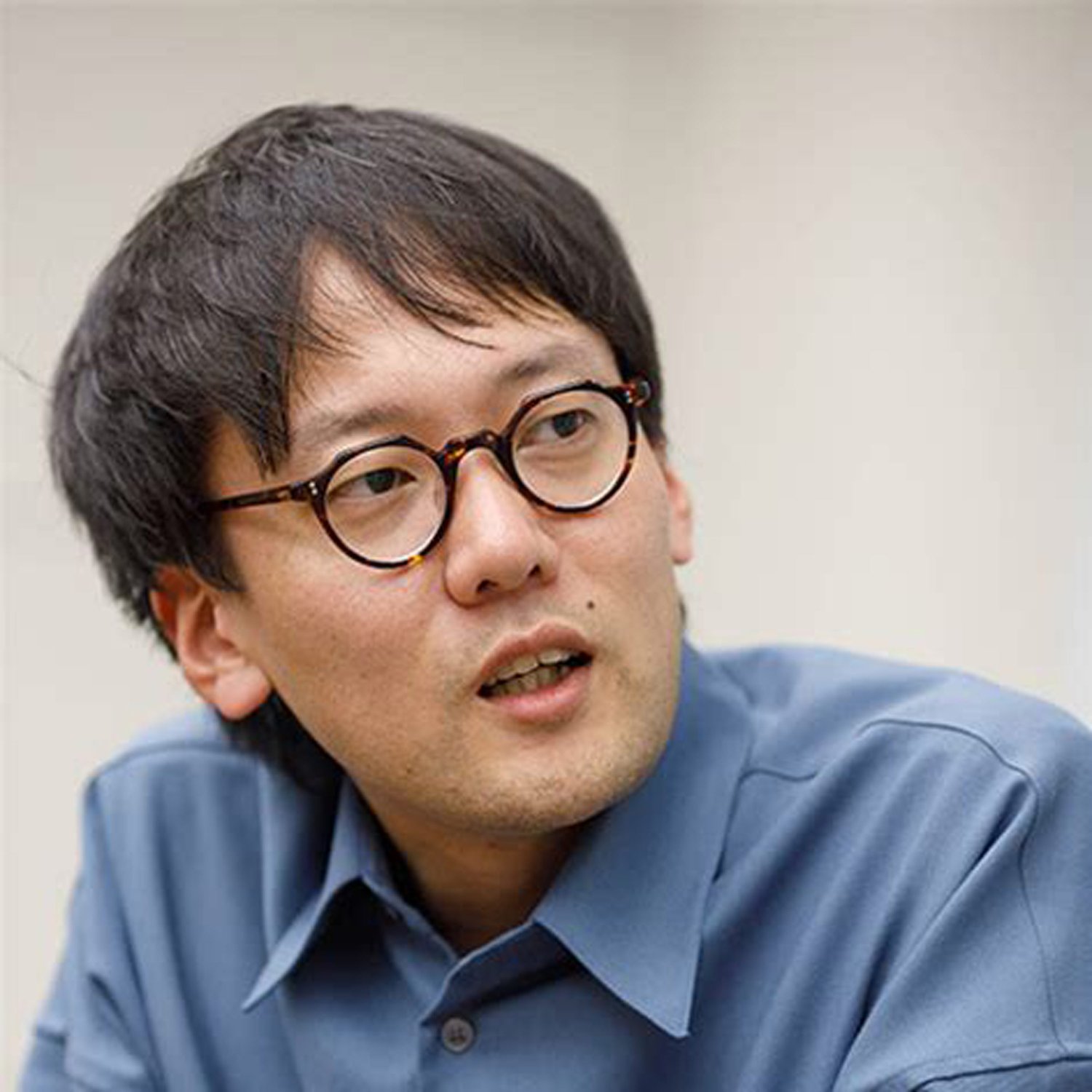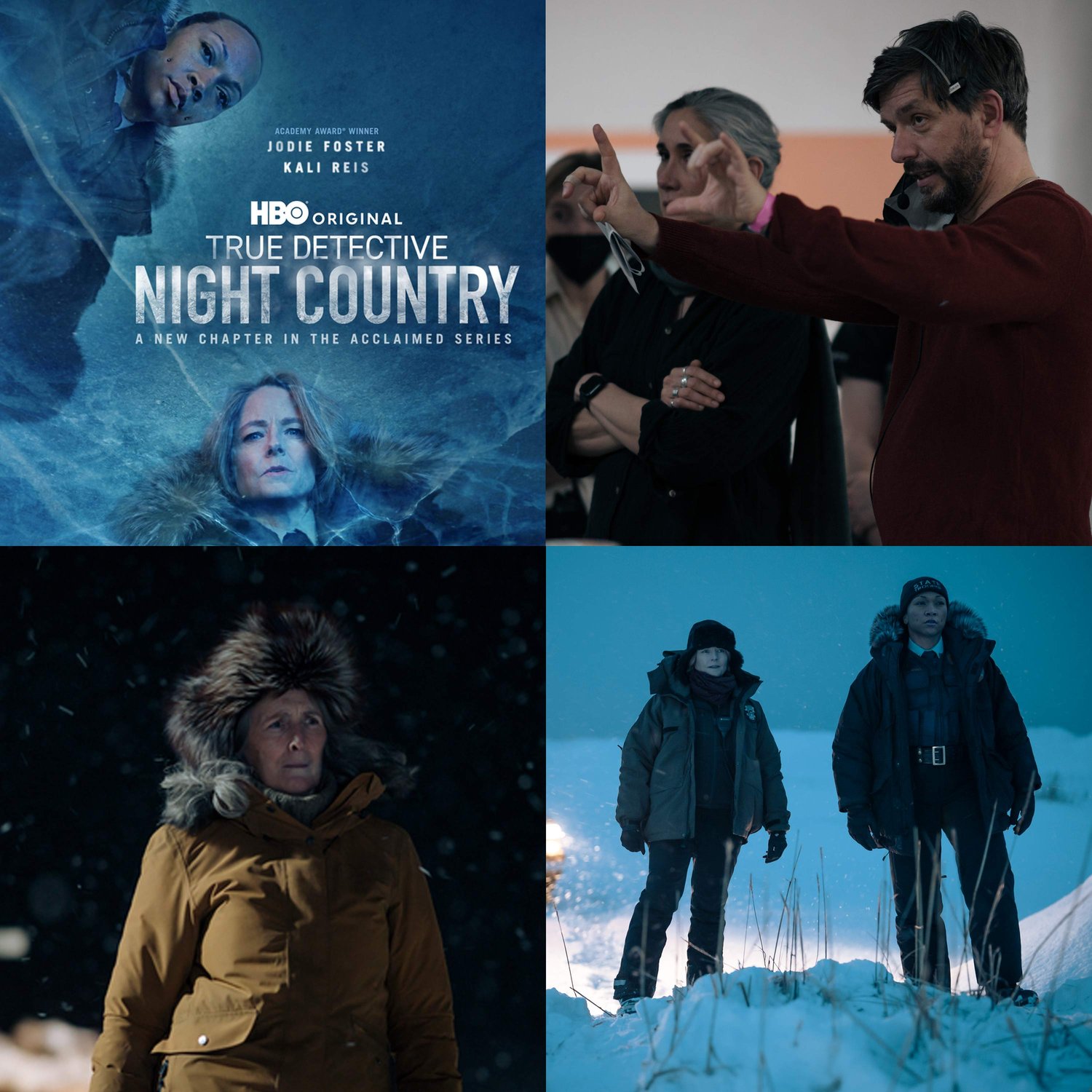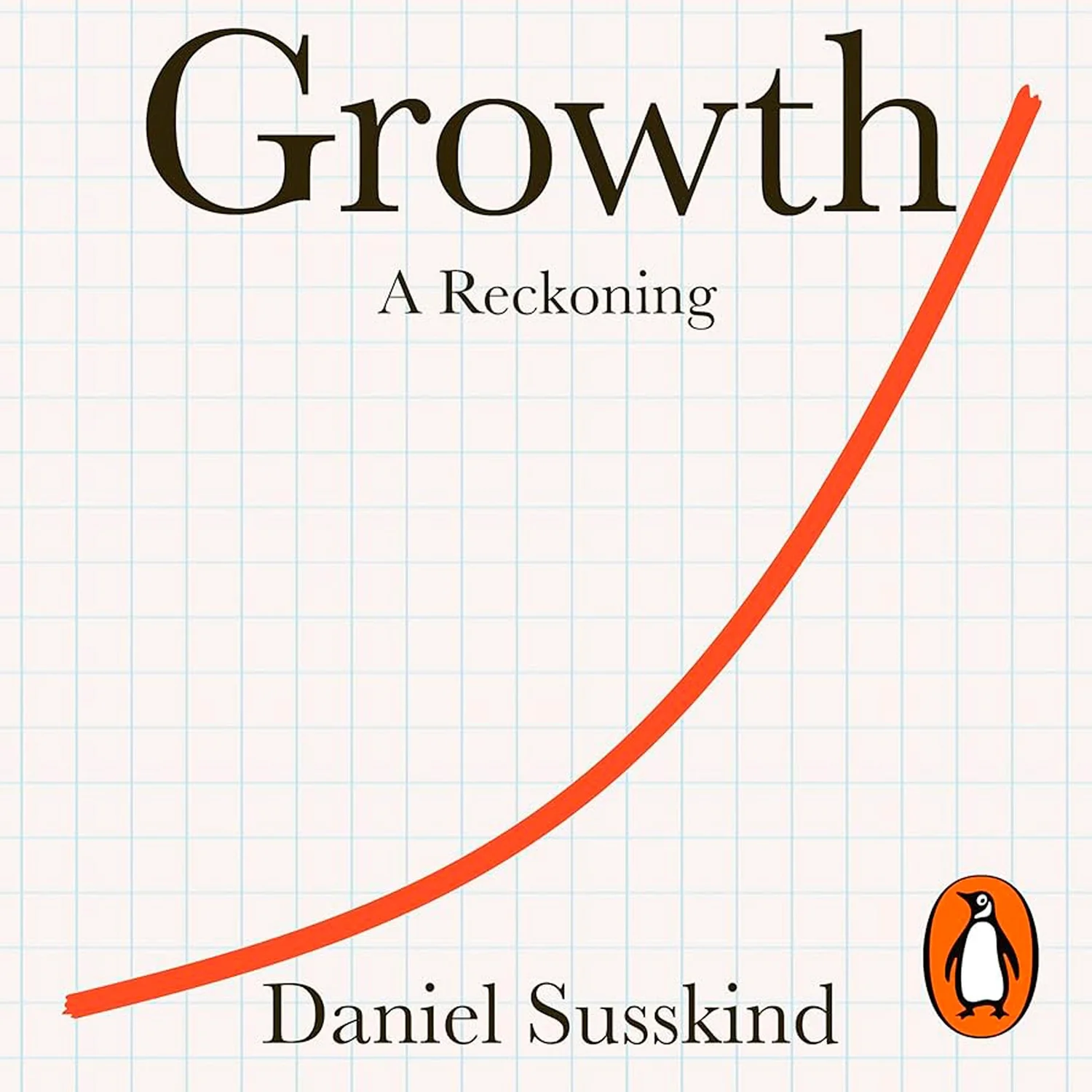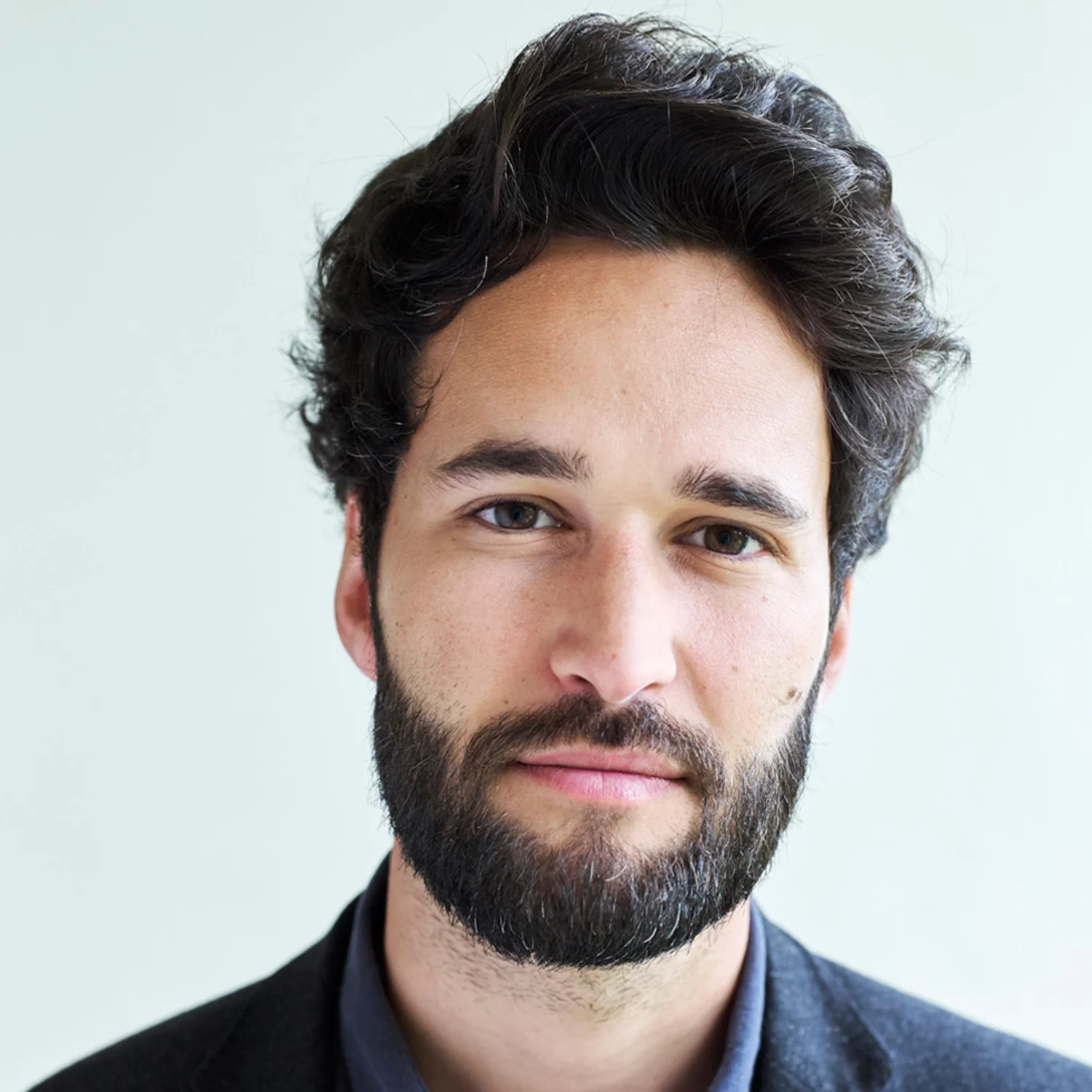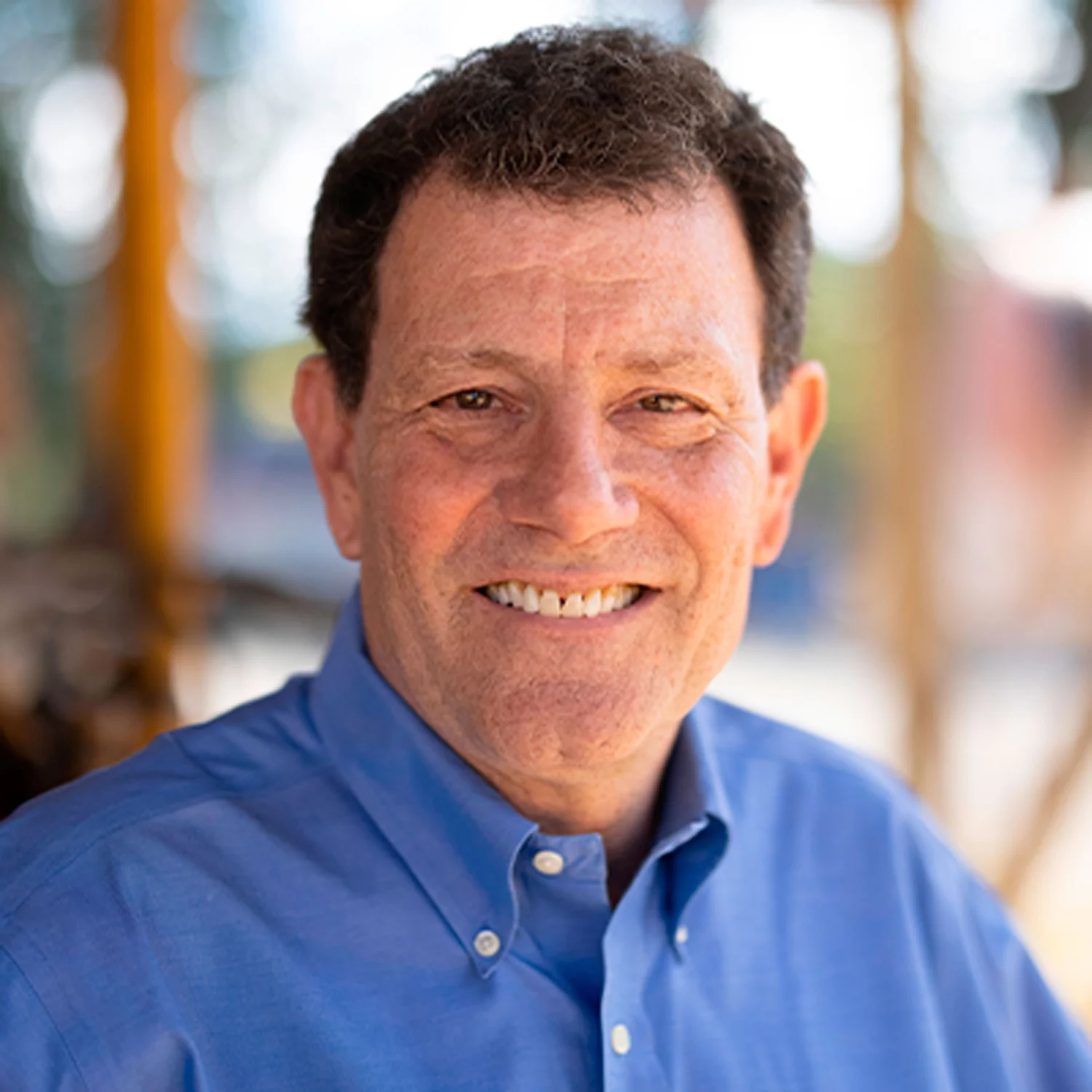How can journalism make people care about environmental crises & create solutions? - Highlights - NICHOLAS KRISTOF
Description
"I'm trying to get people to care about a crisis in ways that may bring solutions to it. And that's also how I deal with the terror and the fear to find a sense of purpose in what I do. It's incredibly heartbreaking to see some of the things and hear some of the stories, but at the end of the day, it feels like–inconsistently here and there–you can shine a light on problems, and by shining that light, you actually make a difference.
The fundamental impediment is that 10 years ago, it just seemed really hard to see how we were going to get out of climate change and disastrous consequences, but right now, if you squint a little bit, you can maybe see a path through this period where we reduce carbon emissions enough to figure out how to navigate our way to a future in which things work and we pay a price, but one that is manageable. Green energy is becoming much cheaper because of a revolution in battery technology, and now there are possibilities for a field-like energy generated by waves or fusion nuclear power to remove carbon from the air with direct air capture. We're not sure that these will work, but they may, and they would really be revolutionary. China is an interesting example of a country that has made remarkable progress on electrification and battery technology. It is still pushing out a ton of carbon, but it has done this for practical reasons—it understands that those are key technologies for the future and whoever figures out how to get electric vehicles done right, whoever figures out how to get battery technology right, the world is going to benefit from their progress in battery technology, just as the world has benefited by having solar panels made in China go up all over the world.”
Nicholas D. Kristof is a two-time Pulitzer-winning journalist and Op-ed columnist for The New York Times, where he was previously bureau chief in Hong Kong, Beijing, and Tokyo. Kristof is a regular CNN contributor and has covered, among many other events and crises, the Tiananmen Square protests, the Darfur genocide, the Yemeni civil war, and the U.S. opioid crisis. He is the author of the memoir Chasing Hope, A Reporter's Life, and coauthor, with his wife, Sheryl WuDunn, of five previous books: Tightrope, A Path Appears, Half the Sky, Thunder from the East, and China Wakes.
Family vineyard & apple orchard in Yamhill, Oregon: www.kristoffarms.com
www.creativeprocess.info
www.oneplanetpodcast.org
IG www.instagram.com/creativeprocesspodcast

